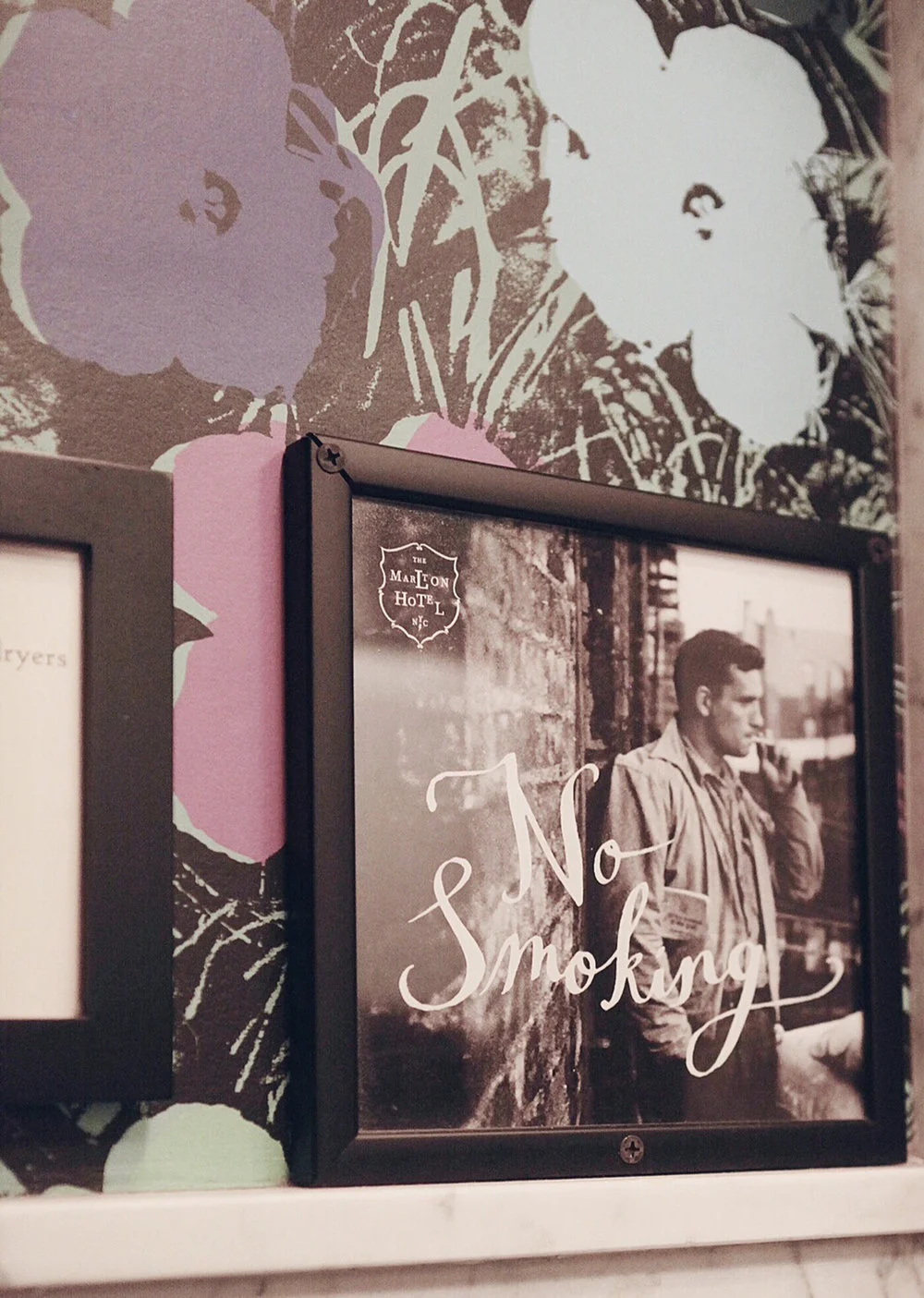The Shadow Self

This week, we're continuing the Jungian psychosomatic understanding of the body through the self and its shadow. This will be a continued part-series, starting with meeting the shadow. We will be exploring the spectrum of disassociated shadow aspects of ourselves—pain, shame, dark emotions, guilt, and even sexual shadows—and the ways we can clear them up to reintegrate the splintered pieces of our psyche.
What we will reintegrate
Discover & cultivate intimacy with our dark aspects of ourselves
Identify our core wounds
Cultivate the knowledge & skills to work with shadow emotions, such as anger & guilt
Recognise shadow influencers around us & how to cultivate conscious self-awareness
Feel supported through guided practises, meditation, & exercises through one-on-one services
The Narrative is a new series continuing the line of my Body Neutrality post on the psychosomatic understanding of our bodies. The Narrative is the window into my pioneering Inner Fieldwork™ method, which combines Anthropology with Integrative Medicine. Through this series, you will observe the connective bodies of physical, emotional, & historical to rewrite the narrative of your health.
Introducing the Shadow
The pioneer behind the idea of The Shadow is Carl Jung, who was the predominant psychological base of my undergraduate & post-graduate studies. Jung's dream of his shadow is a vivid example of the interaction between our shadow and our consciousness. During a dense, fogged night, Jung finds himself running in a forest holding a little light with someone lurking behind him. The powerful darkness that was creeping near him was his shadow and the light was his consciousness. And though the light was infinitely smaller & fragile, it was still a light and his only one.
Our dreams are conduits that we can use in our waking reality, as I stated in the previous The Narrative post. We can take a peek at our Shadow through our dreams. However, The Shadow by nature is difficult to grasp. It's like a forested maze, disordered and primal with creatures of disposition unseen. Just like the moon has its dark side and the sun must meet the dusk, so too aspects of ourselves are hidden out of our vision & remain in the dark. We cannot see dusk and dawn at once.
That's why when we get even a glimpse of our shadow, we do so in unexpected ways or, more often, through the distasteful traits or actions we observe in others as something out there. When we react overwhelmingly defensive abut a remark—"What do you mean I'm selfish?!"—or react intensely to another's so-called laziness, sexuality, stupidity, or jealousy, it's The Shadow's appearance.
“Until you make the unconscious conscious, it will direct your life & you will call it fate”
—c. g. jung
This is because for various reasons through our development & early childhood (which we will cover later in the series), we grow parts of ourselves that we dislike. Or rather, aspects that we believe society won't like. We push these repulsive parts down or repress them in our unconscious psyche. This growing collection of repressed aspects of ourselves is what Jung referred to as The Shadow. We reject these parts of ourselves, distancing ourselves psychologically from the behaviours and emotions that are deemed inappropriate.
Essentially, we pretend they don't exist. Yet, through dreams, Freudian slips, and impulsive behaviours, we confront The Shadow with its taboo mental pictures, shameful experiences, sexual desires, and fears to name a few. When repressed and unrecognised, these Shadow aspects of the self can not only lead to unhealthy behaviours for ourselves but also ones we can act out in relationships, our professional lives, and even our personal health care. This is why Shadow work is integral to my practise of Integrative & Narrative Medicine.
What we repress nonetheless will not stay repressed forever and continues to live in the unconscious. And, despite what our ego would like to believe, it is the unconscious mind's waters which we swim while the ego or the conscious mind is a mere filter.
Before the next edition of this series on Meeting the Shadow, I will leave you with one exercise. When you observe yourself reacting unexpectedly or overwhelmingly to something, what is the psychological trigger? What is stemming from your uncontrollable reaction? Before we can reintegrate The Shadow into ourselves and our body, we must first overcome the fear of The Shadow by honestly identifying its triggers. What are you recognising as being mirrored in another's behaviour? Only then can we start unearthing or chipping away at the iceberg that is The Shadow.
To learn more or work on your narrative through Inner Fieldwork, follow along here . . .


